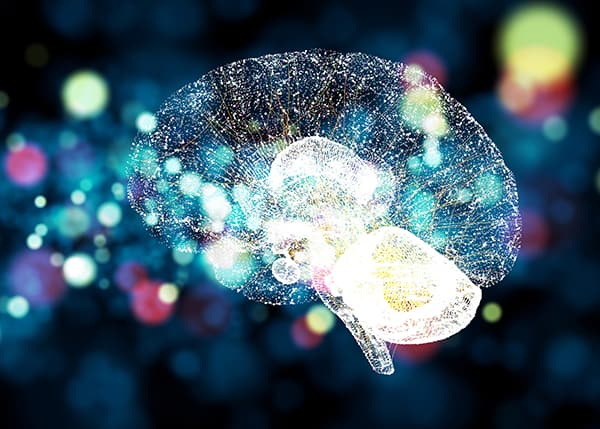
When a good part of your work life is spent helping people suffering from traumatic brain injuries, and visiting with their medical providers, you learn a few interesting things along the way. For example, recently, I came across a study that concludes learning a second language can be excellent for your brain’s long-term health.[1] It makes me glad that my family took the time to teach me Spanish when I was very young! It also makes me want to go out and learn yet another language.
The study was conducted by Canadian researchers from the Université de Montréal, and published in the Journal of Neurolinguistics. The researchers took a group of senior citizens and split them between those that spoke two languages (bilinguals) and those who only spoke one (monolinguals). The researchers then gave the participants tasks to perform, while also studying how the participant’s brains responded to the tasks. What they found was the brains of the participants who spoke two languages operated more efficiently. Specifically, when the participants focused on visual information, the brains of bilinguals had to use less of their brain “circuitry”. In other words, participants that spoke two languages needed to access fewer parts of their brain to process the information. (For those of us who remember “defragmenting” computer hard drives not so long ago in order to organize information and make computers run better, this concept will seem familiar.) According to the researchers, this makes their brains more likely to ignore information that distracts from completing a task.
There were several other parts of the study that I found interesting. First, bilingual participants used entirely different parts of their brain to perform the same tasks than participants that spoke only one language. Bilinguals showed higher connectivity between the visual processing areas at the back of their brains. Those that spoke only one language accessed multiple parts of their brain to achieve the same result, including using their frontal lobe. Second, scientists believe that the front areas of the brain may be more susceptible to the effects of aging. So, the theory goes, knowing more than one language may help fight off degenerative diseases of the brain, like dementia.
I’m
now inspired to re-visit cases with clients who have suffered a traumatic brain
injury, to see whether bilingual survivors fared better overall.
[1] https://bigthink.com/paul-ratner/knowing-two-languages-can-help-your-brain-function-and-age-better-finds-new-study
